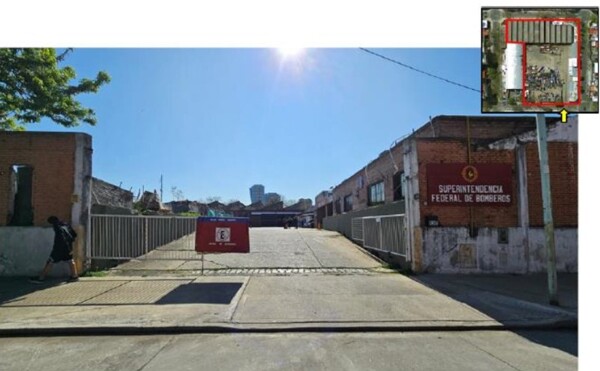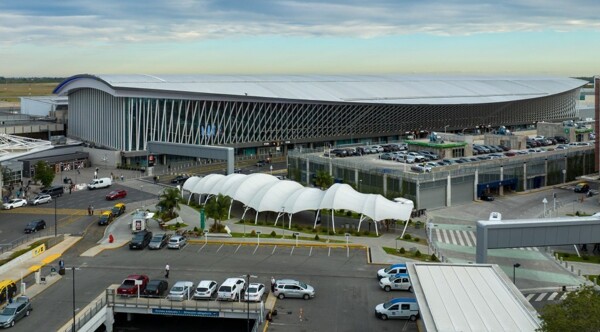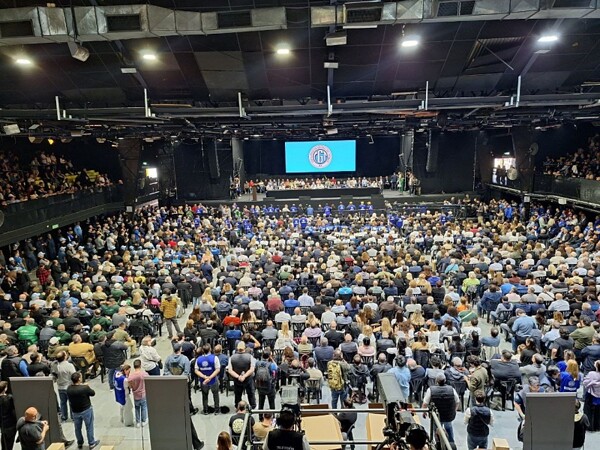
Even in adversity, the search for that 'good living' that sustains its collective identity persists."Education and Progress, a Pact in CrisisIn the educational sphere, the report includes the editorial "Education and the Middle Class: Making Argentine Identity a Political Proposal" by Sergio Siciliano, a legislator for the City of Buenos Aires and president of the Education Committee of the Buenos Aires Legislature. Even so, work, education, and family stability continue to be the pillars that sustain their identity, beyond income and material conditions."My son, the doctor," an illusion: why education no longer guarantees social mobility in ArgentinaFrom the "aspirational consumer" to the "sacrificial consumer"The report highlights how consumption, historically associated with well-being and the idea of progress, has today become a space of tension and sacrifice. Siciliano warns of the weakening of the social pact between education and progress: "Education has always been the promise of the middle class: the way to be a little better, to live with dignity. Today that pact is in crisis."
PensarLab, the research laboratory of the Fundación Pensar, presented a special edition of its Pensar Social series, titled "Waiting for the Hearse: the 'Mafalda middle class' is dissolving." The report analyzes how the Argentine middle class, historically an emblem of cohesion and social mobility, is undergoing a profound transformation in a context of economic uncertainty and accelerated cultural change. The study describes a middle class that, while retaining its resilience, faces a sustained erosion of its purchasing power and confidence in the future. "Reclaiming the sense of education as a driver of social mobility is also a way to defend cohesion, dignity, and hope."
Middle Class Syndrome: 29 million feel they are part of it, but only 20 million are so by incomeThe document also focuses on the loss of upward mobility and the feeling of generational regression: 41% of Argentines believe they are living worse than their parents, and only one in four believes they have improved. Despite this, the study shows that the Argentine middle class resists and reinvents itself, defending its symbols of belonging—education, work, and housing—as the last bastions of collective identity. "Argentines are waiting for the hearse—the report summarizes—for the founding myth of our nation to become a reality again, with education and work as the pillars of upward mobility."
It is undergoing a process of mutation: it remains aspirational, but it suffers from the loss of security and predictability that defined it," explained Guillermo Oliveto, founder of Consultora W. He also noted that "Consumption has become a mirror of fragility: from enjoying to resisting, from illusion to unrewarded effort."
Meanwhile, Mora Jozami, director of Casa Tres, reflects on the cultural dimension of this change and points out that "the Argentine middle class is defined less by its income and more by its lifestyle, by the values of effort, stability, and the aspiration for a dignified life." More than half of Argentines (55%) believe the middle class is shrinking, and 6 in 10 say their job only allows them to "get by, but not progress."
The phenomenon of the "sacrificial consumer" thus replaces the "aspirational consumer," marking a change of era. "The middle class has historically been the heart of the national imaginary. According to the data, 63% of Argentines had to forgo usual consumption or activities, prioritizing essential expenses such as education and health."













